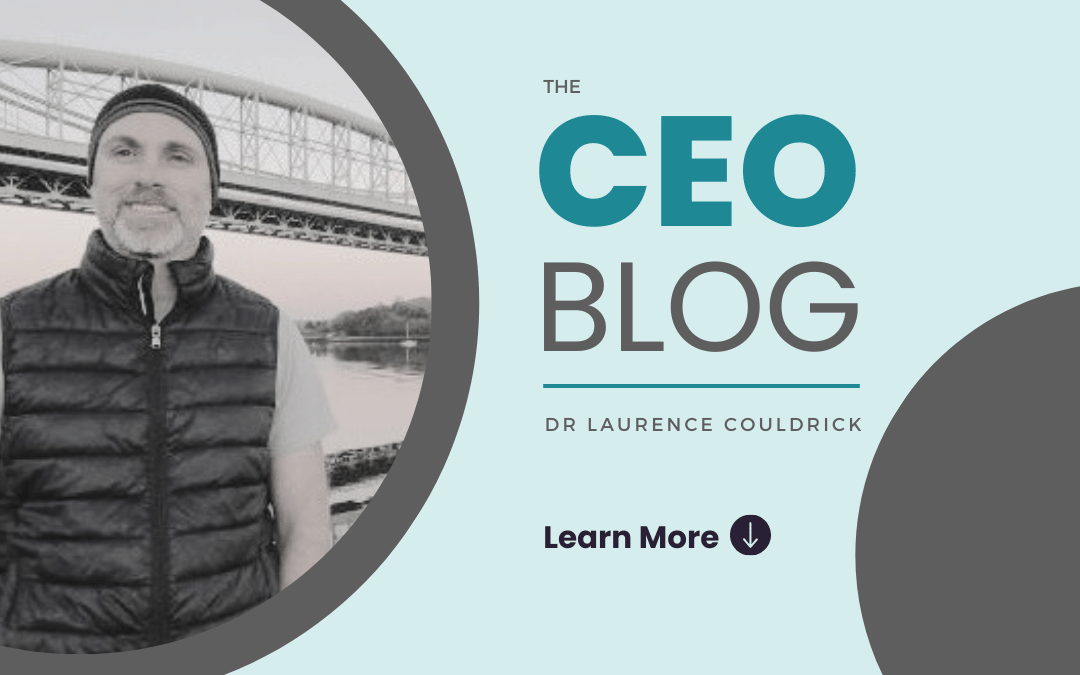Our CEO Dr Laurence Couldrick speaks about how, with an impending general election in late 2024, our rivers continue to be in the spotlight and are forming part of the political battlefield field.
On one hand this is good news as it raises the profile of these amazing but vulnerable habitats, but on the other hand, it furthers the often simplified and polarised focus on the role of sewage.
Now don’t get me wrong, sewage in our rivers – and more importantly treated discharge that needs further treatment to reduce total nutrients – is having a massive impact and needs significant and sustained investment.
Water and Waste Water Companies absolutely do need to be held to account, but they are not the only pressure.
In the South West, the water firms account for 22% of the failures we see on our individual river reaches, but agriculture represents 52% of the failures (as per the South West Catchment Data Explorer).
Now, there are some subtleties here with the size and extent of these failures – think larger, fewer, deeper cuts versus many smaller pervasive shallow cuts – but all are impactful in aggregate, and agriculture should certainly not be ignored.
Some of the pressures we see include soil and nutrients loss from poor land management, inadequate and outdated infrastructure and asking too much from the land and the catchment.
This includes planting high risk crops such as maize and having such high stocking numbers than the total imported nutrients, in terms of fertilizers or feed within a catchment area, are greater than the crop requirements, so we see leaching of nutrients into our streams and rivers.
However, it is not sufficient to just chastise both groups as, whilst they are part of the problem, they are also part of the solution. Both are vital as we must adapt our catchments to the more pervasive and pernicious impacts of climate change such as flooding and drought, water pollution and aquatic habitats and species loss.
Water companies could deal with the problems they face by simply building more concrete tanks and more treatment works and farmers could simply house all stock in doors, with both seeking to engineer their environment problems away.
This meets the local needs for change but does not address the need for resilience in our catchments and communities. Healthy soils, restoring natural habitat, separating clean water from getting into the sewage system and building catchment resilience all take time, money and understanding. Not polarised debate and over simplified sound bites.
So, when you see politicians using the river as political cannon fodder make sure that alongside shouting for change, you insist they are pushing for smart change. This is the only way we will adapt to the tsunami of climate driven challenges we will face in the coming years.
Why not write to your Member of Parliament about these issues and what they are going to be doing about it (feel free to use this text).
Or raise the profile of our rivers by becoming one of our Citizen Scientists building community knowledge of your river and the pressures it faces.


